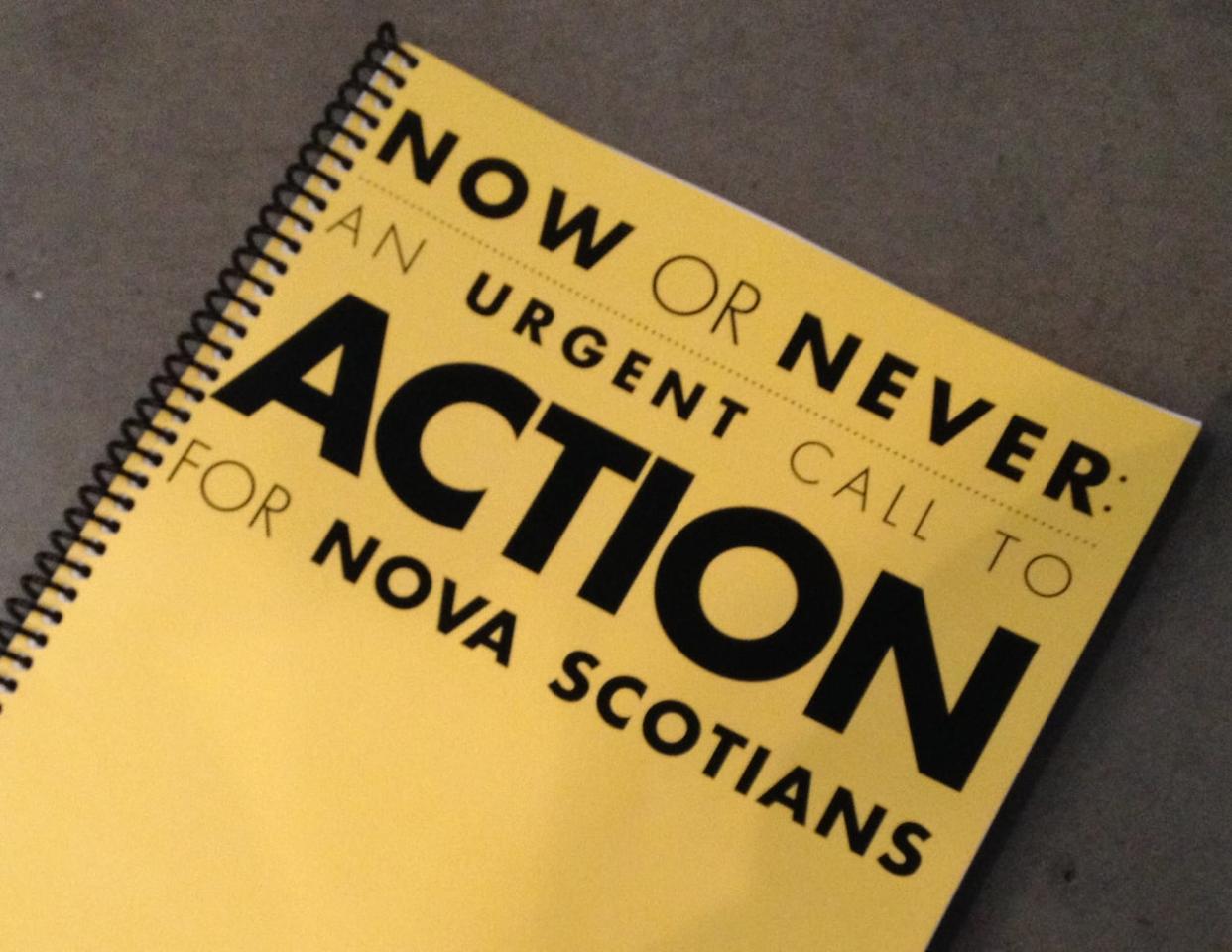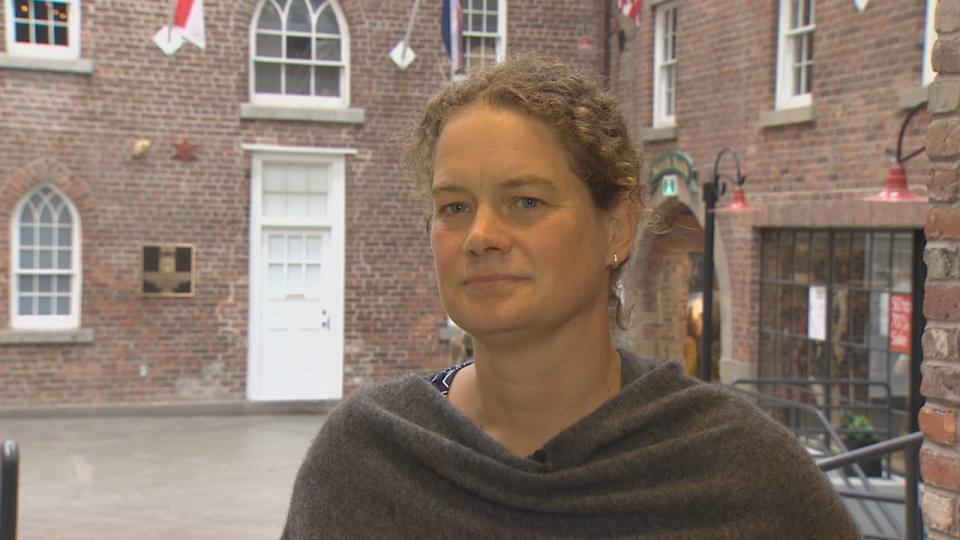The Ivany report set out ambitious goals in 2014. Some say they haven't been met

While 10 years have passed since the Ivany commission released a report that set ambitious targets to revitalize Nova Scotia's economy, some people involved say all of its goals haven't been met.
Now or Never: An Urgent Call to Action for Nova Scotians, commonly known as the Ivany report, was released in 2014.
It said Nova Scotia was "on the brink of an extended period of decline" due to the province's aging, shrinking population and a rate of economic growth too low to support our standard of living and public services.
The report outlined 19 challenging goals, including increasing immigration, growing the number of business startups, expanding tourism, increasing exports and raising the employment rate of First Nation and African Nova Scotians.
Saeed el-Darahali, a Dartmouth-based entrepreneur and member of the OneNS Coalition, said the province has done well in several areas, including increasing fisheries and agriculture exports, improving youth employment rates and growing the population.
The OneNS Coalition was created to pursue the goals laid out in the report.

Saeed el-Darahali is a Dartmouth-based entrepreneur. (Submitted by Saeed El-Darahali)
El-Darahali said the province has done well in several areas, including increasing fisheries and agriculture exports, improving youth employment rates and growing the population.
"Nova Scotians are adaptable, we're resilient and we're able to change if we're told that there's an opportunity for us to become better as a province and as a nation," el-Darahali told CBC Radio's Mainstreet Halifax.
However, el-Darahali said little to no progress has been made in several other categories, including the creation of new business startups and raising the employment rate of First Nation and African Nova Scotians.
"Those numbers have not come up," he said.
El-Darahali said this is likely due to a lack of understanding that the job market is now more welcoming to those particular communities.
"That's something that I've heard from the community itself and I think in the employer community, we need to also have equity, diversity and inclusion," he said.
"That has changed probably in the last probably three to five years, but the metrics have not moved fast enough."
He said organizations like the Black Business Initiative, Engage Nova Scotia and other federal and provincial groups are "working hard to move the needle."
"However, it just hasn't moved, which means that we have to do more."
Much has changed in 10 years
While much has changed since 2014, commission member Susanna Fuller said the goals of the report haven't.
But external factors like the 2015 federal election and the COVID-19 pandemic may have pushed some goals forward, while delaying others, Fuller said.
She said while the pandemic drew people to Nova Scotia — adding to the immigration goal — it also impacted affordability across the board, inflated housing prices and led to a rise in homelessness.

Susanna Fuller, vice-president of operations and projects at Oceans North, helped develop the Ivany report. (CBC)
Other global factors, like the price of oil and delayed supply chains, have had a daily impact on Nova Scotians, she said.
"Those things — maybe had we not had a pandemic — we would have been more prepared. We could have slowly tracked and instead things impacted us in a way that we hadn't expected."
Pushing for change
El-Darahali said he's proud of Nova Scotians for the changes they've already made. He pointed to the fact that Nova Scotians are more welcoming of refugees and others immigrating to the province compared to 10 years ago. Canadians overall are also more supportive of reconciliation efforts, he said.
He said Nova Scotians also understood the urgency for change when the report was released.
"The key to having that wake-up call and having that accountability, is that if we say to Nova Scotians that something is going to be wrong, I think the machinery starts moving, people start pushing our MLAs, our federal MPs and so on, to start making changes," he said.
"… I think we need to see more of these wake-up calls in Nova Scotia so we can continue to move."
MORE TOP STORIES


